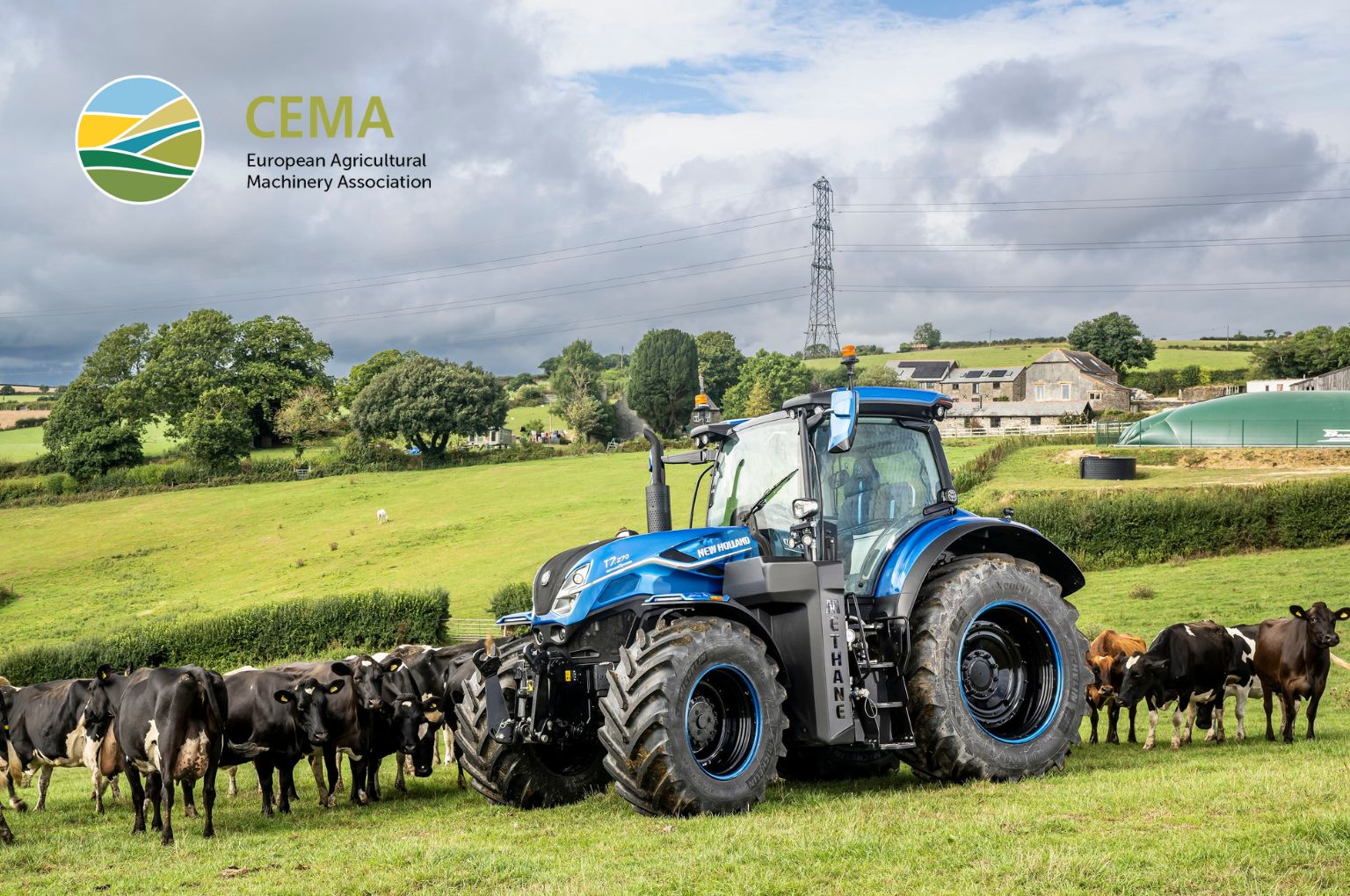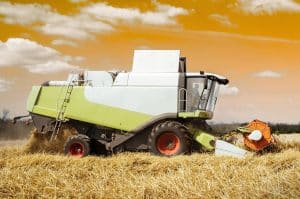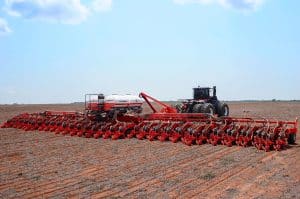Regarding the discussion in various EU Member States about tax exemptions for agricultural diesel, European Agricultural Machinery Association CEMA emphasizes the critical need to maintain the competitiveness of agriculture amidst evolving political demands. In light of this, CEMA advocates for the creation of EU political framework conditions that provide farmers with reliable prospects and incentives to navigate in the changing agricultural landscape.
One of the primary goals set forth by CEMA is to reduce agriculture’s dependence on fossil fuels in the long term, thereby contributing to a reduction in CO2 emissions.
In this respect, CEMA issued a paper in September last year, in which the organization acknowledges the pivotal role of renewable fuels in transitioning towards a more sustainable agricultural sector. As part of this effort, the ag machinery industry offers various technologies which represent a promising way to reduce agriculture’s dependency on fossil fuels and significantly curtail the sector’s CO2 footprint in the short term.
It is essential to recognize the pressures facing the agricultural community and their willingness to embrace digitalization and innovation, according to CEMA. Farmers are actively seeking to operate efficiently and sustainably to maintain their competitiveness, and CEMA believes that supporting their efforts is crucial for the future of agriculture.
In this context, CEMA emphasizes the importance of energy subsidies for farms, particularly for the sustainability and future security of agricultural enterprises. Amidst the current challenges, including the lack of sufficient incentives and support for the adoption of sustainable energies and modern technologies, CEMA urges policymakers to consider a review of subsidy programs aimed at better supporting the adoption of sustainable energies and modern technologies, thereby ensuring a more forward-looking approach. Some of these solutions have been -or are in the process of being – developed by the agricultural equipment manufacturers which are part of CEMA, and some are already available on the market.
Furthermore, CEMA calls for long-term assurances from policymakers regarding their support for sustainable energies, as well as the endurance of progressive energy policies such as renewable fuels. These measures are vital for fostering a sustainable and resilient agricultural sector.
CEMA also highlights the importance of societal understanding and support for farmers. Recognizing the financial pressures faced by farmers and their role as providers of numerous commodities which are vital for the general population and food security in Europe and beyond, CEMA urges for fair compensation for agricultural products, empowering farmers to meet consumer expectations while maintaining their operations.
Finally, CEMA underscores the potential of circular economy practices in agriculture, emphasizing the role of farmers in producing their fuel alternatives to shorten transportation routes and reduce the sector’s reliance on fossil fuels for an even stronger CO2 footprint reduction. The European Agricultural Machinery Association remains committed to advocating for policies and initiatives that support the sustainability and competitiveness of European agriculture.

![RightSpot Ad Template Digital-1400×190-px[76] Ag Leader RightSpot](https://world-agritech.com/wp-content/uploads/elementor/thumbs/RightSpot-Ad-Template-Digital-1400x190-px76-r316mmc0hgoob9qxmklllnnbxta1nlj7t2vjkoyeek.png)







